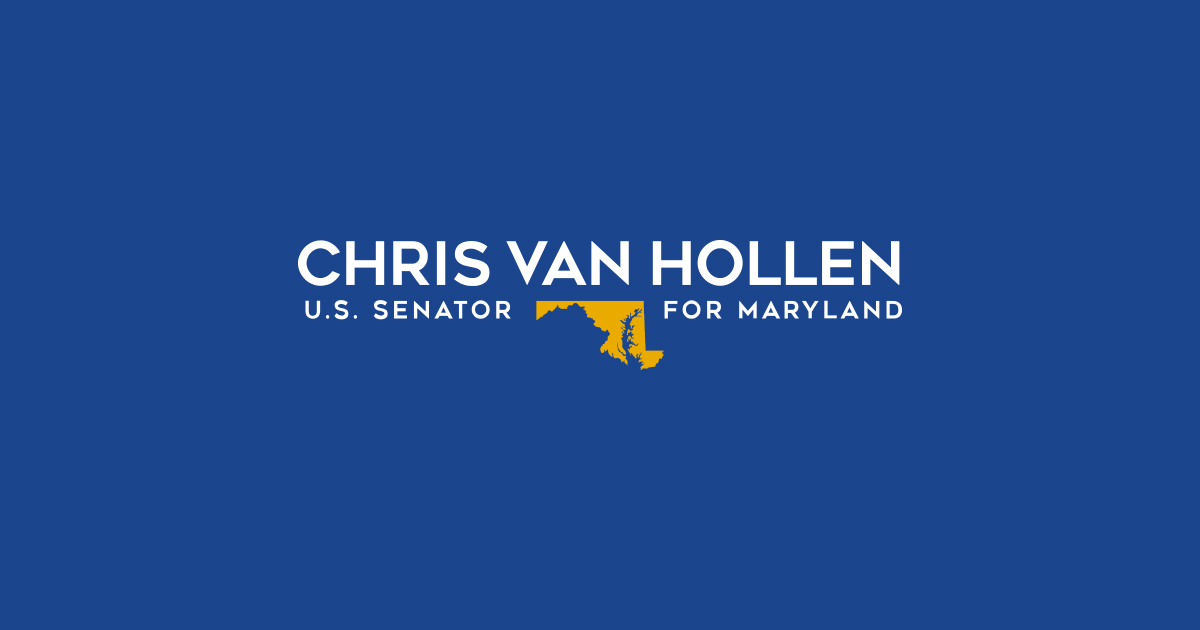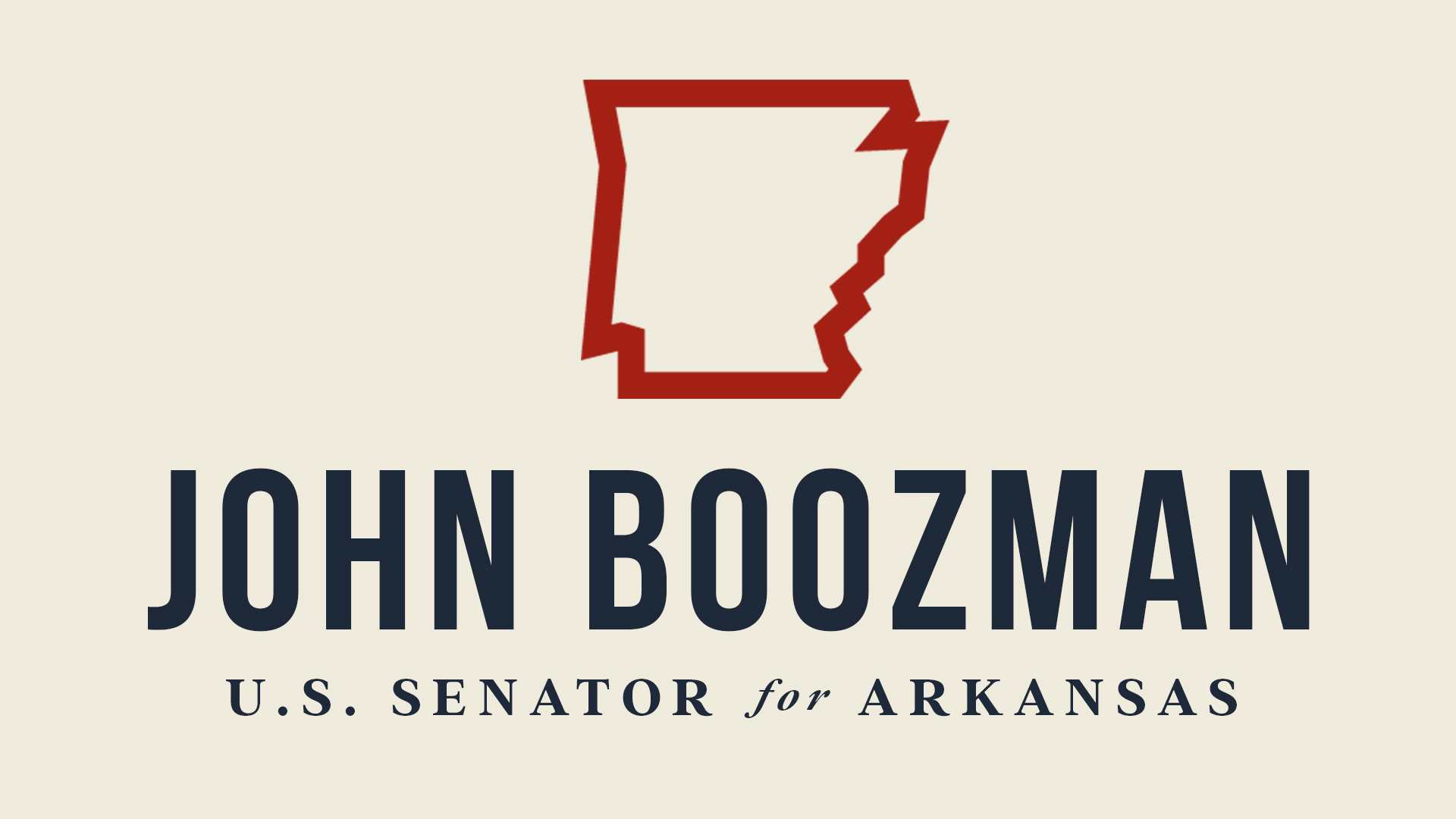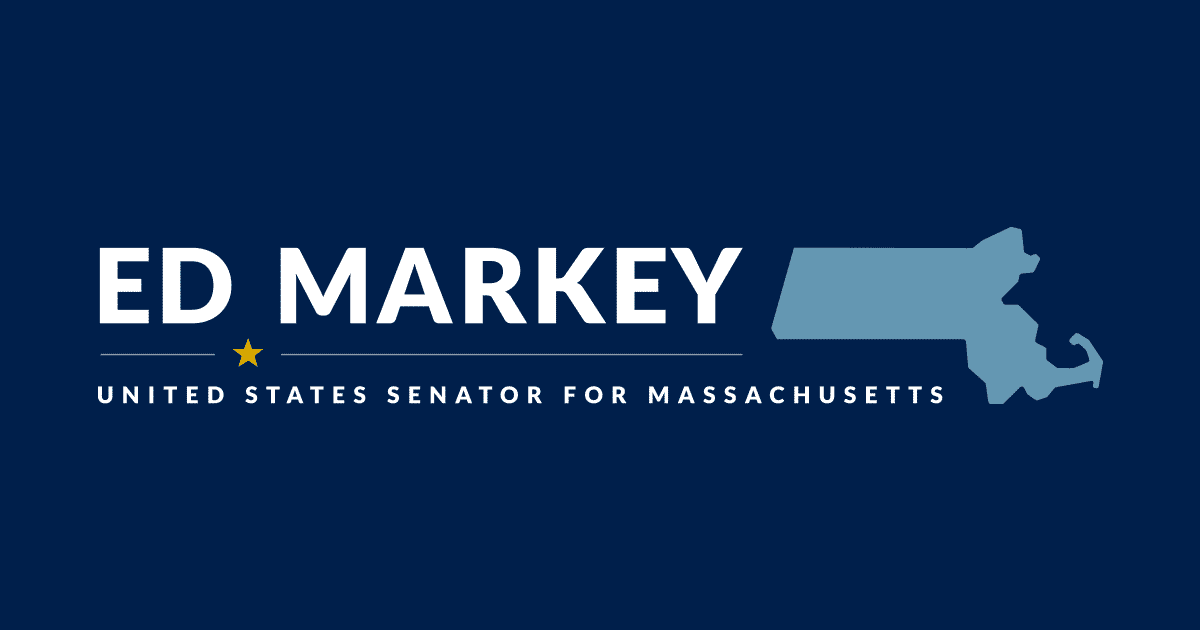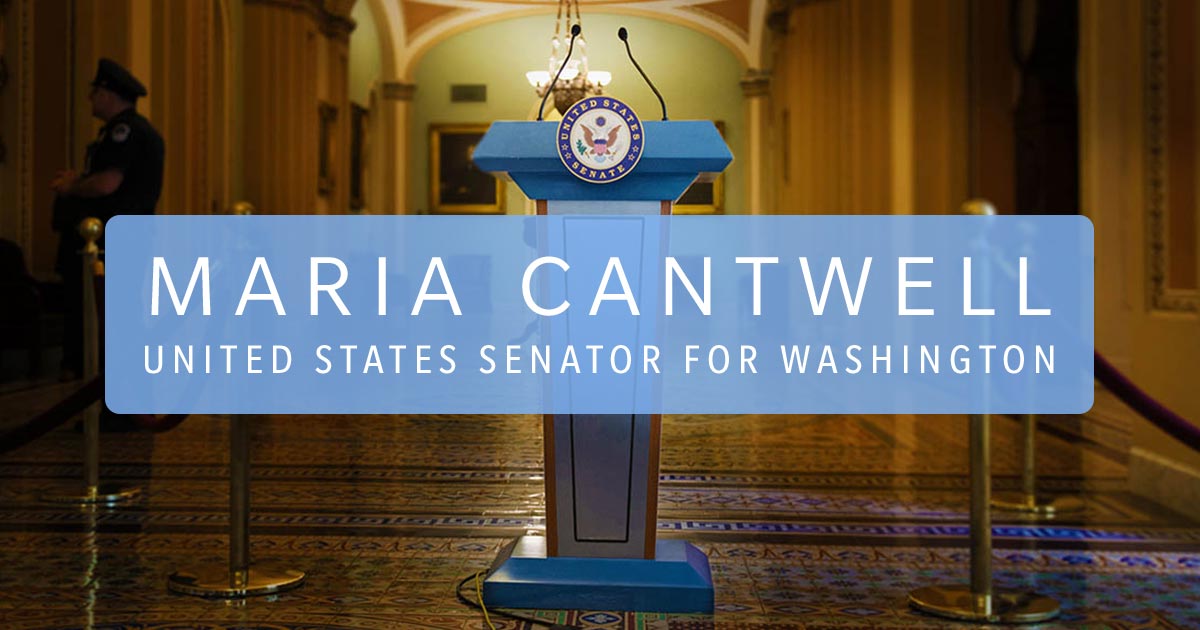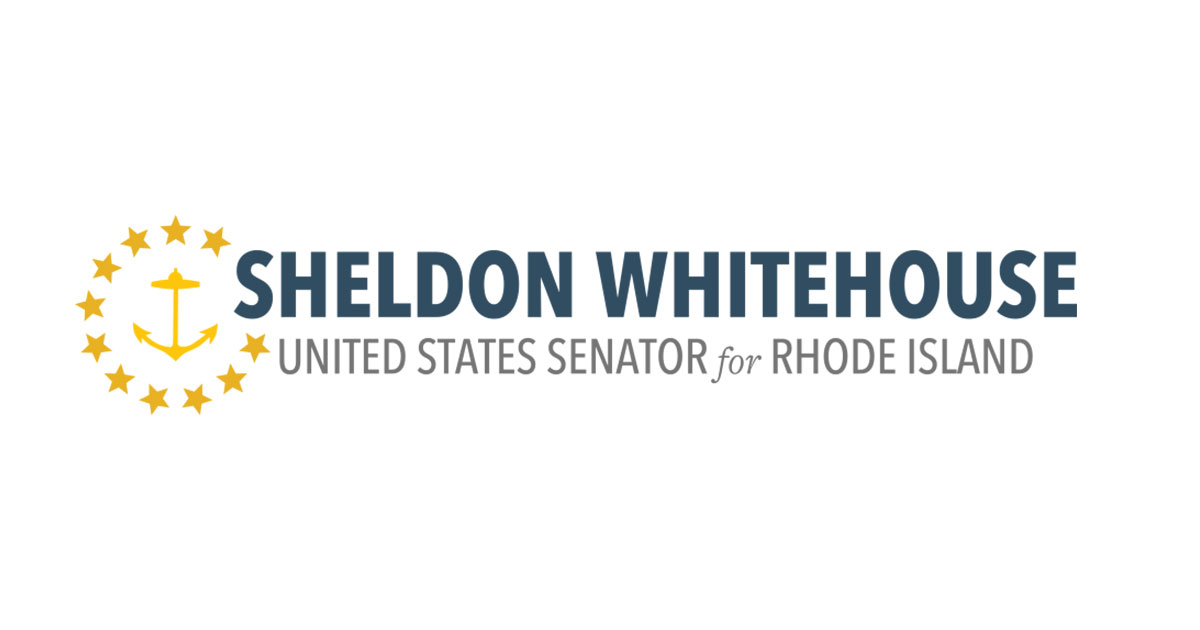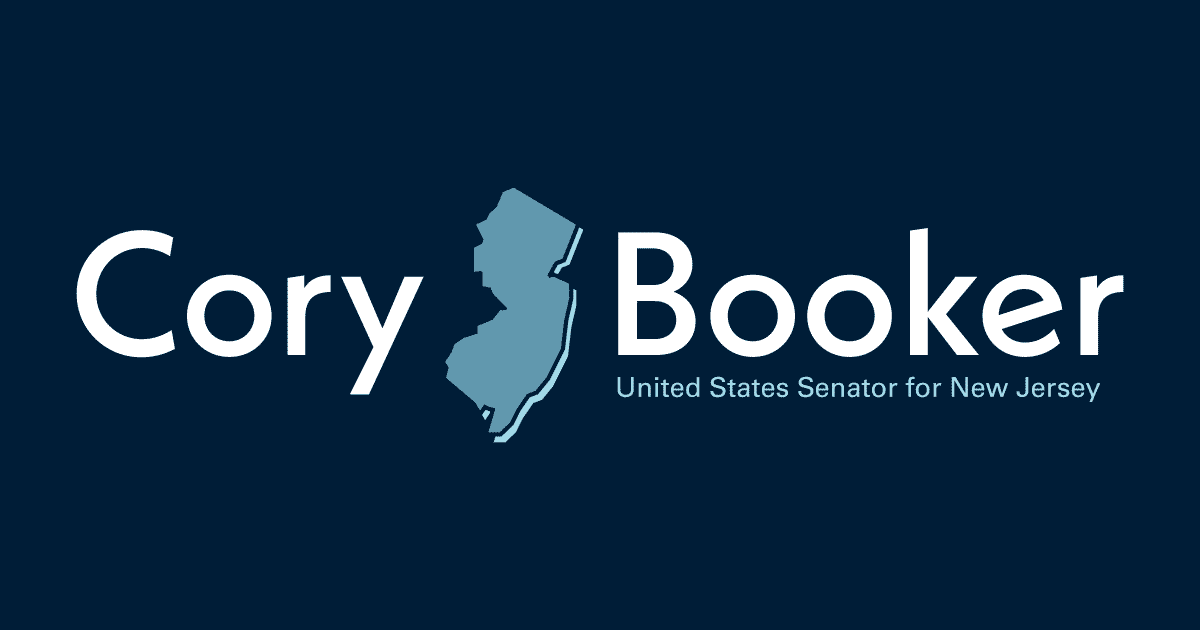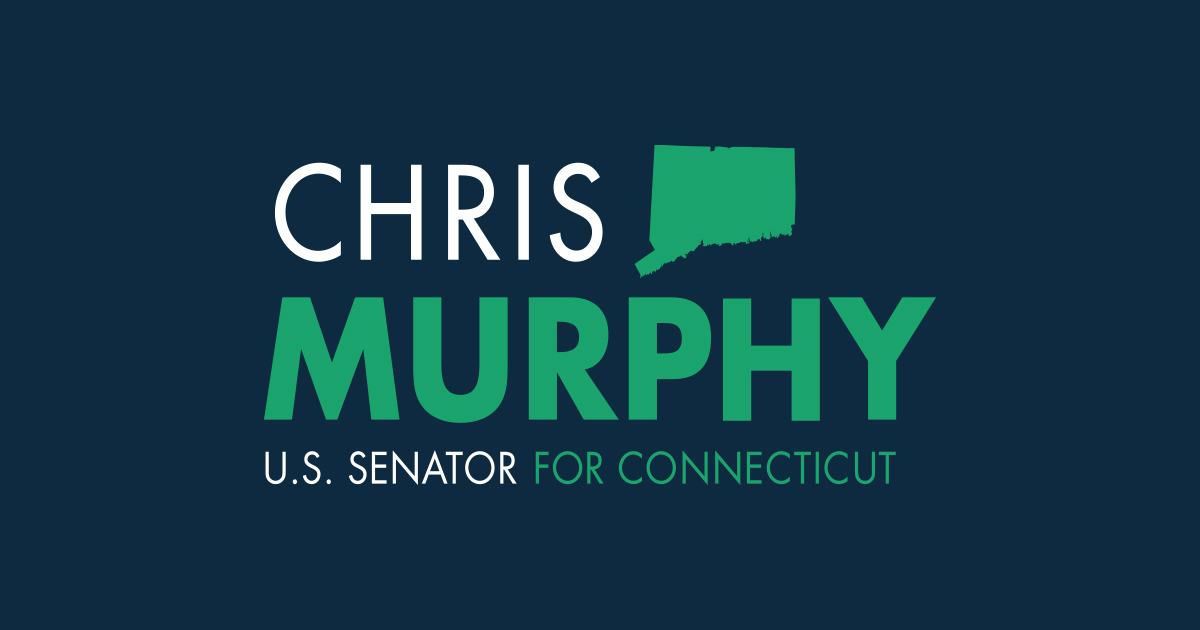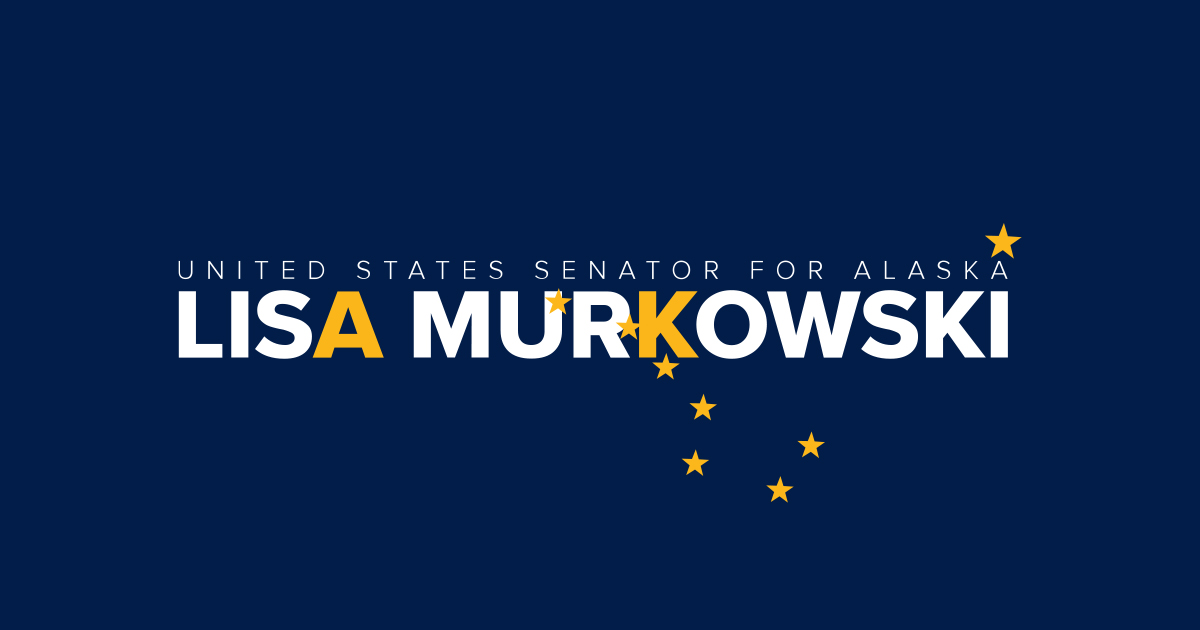Source: United States Senator for Maryland Chris Van Hollen
June 08, 2023
New SEC Complaint Against Binance Indicates Company’s Responses to Senators’ Questions About Business Practices Aren’t True
U.S. Senators Chris Van Hollen (D-Md.) and Elizabeth Warren (D-Mass.), both members of the Senate Banking Committee, sent a letter to Attorney General Merrick Garland asking the Department of Justice (DOJ) to investigate the crypto exchanges Binance and Binance.US for potentially making a series of false statements to Congress. The Senators’ request to the DOJ comes as the Securities and Exchange Commission (SEC) filed a complaint against Binance for “blatant disregard of the federal securities laws and the investor and market protections these laws provide.” The allegations in the SEC’s filing indicate that Binance and Binance.US responses to the Senators’ March 2023 letters about their business practices are not true – a possible violation of federal law.
“In short, Binance and Binance.US made two representations to Congress: that Binance and Binance.US were ‘separate entities,’ and that Binance.US ‘prioritized regulatory compliance’ and had ‘best-in-class compliance function.’ If the allegations in the SEC filing are accurate, then it would appear that neither of these claims are true,” wrote the Senators.
On March 1, 2023, Senators Van Hollen, Warren, and Roger Marshall (R-Kan.) wrote to the CEOs of Binance and Binance.US asking about the companies’ structure, operations, and practices to ensure compliance with anti-money laundering, countering financing of terrorism, and know-your-customer laws, including questions about the relationship between Binance and Binance.US and the companies’ compliance policies. The Senators are releasing Binance’s response to their questions and because Binance.US claimed its response was confidential, will share these responses with the DOJ on a confidential basis.
The Senators note that both Binance and Binance.US claimed that they were separate entities – however, the SEC’s filing said, “(Binance CEO Changpeng) Zhao and Binance created BAM Management and BAM Trading in the United States and claimed publicly that these entities independently controlled the operation of the Binance.US Platform. Behind the scenes, however, Zhao and Binance were intimately involved in directing BAM Trading’s U.S. business operations and providing and maintaining the crypto asset services of the Binance.US Platform.”
Binance claimed that it has “prioritized regulatory compliance” and Binance.US also claimed that “(P)rotecting our customers and providing the best possible experience has been
BAM Trading’s primary goal. These efforts are grounded in a best-in-class compliance function.” However, the SEC’s filing said, “When the Binance.US Platform launched in 2019, Binance announced that it was implementing controls to block U.S. customers from the Binance.com Platform. In reality, Binance did the opposite. Zhao directed Binance to assist certain high-value U.S. customers in circumventing those controls and to do so surreptitiously because—as Zhao himself acknowledged—Binance did not want to ‘be held accountable’ for these actions.”
“This is a serious matter. In this case, a bipartisan group of senators was seeking information on the cryptocurrency industry in order to inform an ongoing legislative process and determine whether new laws are needed to address the risks from cryptocurrencies and cryptocurrency exchanges – and it appears that Binance and Binance.US undermined this important investigation and the legislative process by providing false and misleading information to Congress. These actions by Binance and Binance.US represent a potential violation of federal law that may subject company officials to fines and imprisonment, and the Department should, in conjunction with the ongoing SEC complaint, conduct a rapid and thorough investigation of this matter,” concluded Senators Van Hollen and Warren.
Text of Binance responses to Senators’ letter can be found here.
Full text of the letter can be found here and below.
Dear Attorney General Garland:
We write to provide you with evidence indicating that the cryptocurrency exchanges Binance and Binance.US, which are now the subject of a June 5, 2023 U.S. Securities and Exchange Commission (SEC) complaint for “blatant disregard of the federal securities laws and the investor and market protections these laws provide,” may have also made a series of false statements to Congress when they responded to our March 1, 2023 letter about their business practices. Specifically, Binance indicated in its written response to the Senators that Binance and its U.S.-based exchange Binance.US were “separate entities,” and that Binance.US “prioritized regulatory compliance.” Binance.US made similar claims in its response. The allegations in the SEC complaint indicate that the statements made by these companies are not true.
Under federal law, any individual that “knowingly and willfully … falsifies, conceals or covers up … a material fact; … [or] makes any materially false, fictitious, or fraudulent statement or representation,” in conjunction with “any investigation or review, conducted pursuant to the authority of any committee, subcommittee, commission or office of the Congress,” is subject to a fine or imprisonment of up to five years.
We wrote to the CEOs of Binance and Binance.US on March 1, 2023 asking a series of questions about the companies’ structure, operations, and practices to ensure compliance with anti-money laundering, countering financing of terrorism, and know-your-customer laws. Our specific questions included inquiries about “the relationship between Binance and Binance.US,” and about the companies’ compliance policies.
Binance and Binance.US responded to that letter on March 16, 2023, providing us with a 14- page and 5-page response, respectively. We are releasing the Binance letter today in order to facilitate the U.S. Departent of Justice’s (the Department) investigation of this matter. Because Binance.US claimed that its response was confidential, we are not releasing that letter today, but will provide that to the Department on a confidential basis.
In its letter, Binance.US insisted that Binance and Binance.US were separate entities:
At the outset, we want to make clear that BAM Trading and Binance.com are distinct and independent legal entities that are operationally independent. Binance.com owns zero percent of BAM Trading, and BAM Trading is not a subsidiary—de facto or otherwise—of Binance.com. Although Mr. Zhao owns a substantial percentage of BAM Trading and sits on its board, these are separate legal entities with separate corporate structures, governed by separate articles of incorporation, with separate boards, separate leadership teams, separate employee bases and separate policies and procedures (including for compliance, finance and other control functions.)
Binance made similar claims in its response:
Binance leadership determined [in 2018] that the best path forward would be to (1) launch a separate entity for U.S. users that would register in the U.S. and only offer U.S. compliant products and (2) offboard U.S. users from Binance. Consistent with this approach, the establishment of Binance.US was announced on June 13, 2019, and the platform launched on September 24, 2019, as a compliant platform for U.S. users.
“Though both Binance.com and Binance.US are ultimately owned by [Changpeng Zhao] and [Mr. Zhao] is a board member of Binance.US. Binance.com and Binance.US are separate entities—contrary to suggestions in public reporting, Binance.US is not a subsidiary of Binance.
But according to this week’s SEC filing:
As one part of [a] plan to evade United States regulatory oversight over Zhao, Binance, and the Binance.com Platform, Zhao and Binance created BAM Management and BAM Trading in the United States and claimed publicly that these entities independently controlled the operation of the Binance.US Platform. Behind the scenes, however, Zhao and Binance were intimately involved in directing BAM Trading’s U.S. business operations and providing and maintaining the crypto asset services of the Binance.US Platform. BAM Trading employees referred to Zhao’s and Binance’s control of BAM Trading’s operations as “shackles” that often prevented BAM Trading employees from understanding and freely conducting the business of running and operating the Binance.US Platform —so much so that, by November 2020, BAM Trading’s then-CEO told Binance’s CFO that her “entire team feels like [it had] been duped into being a puppet.”
Similarly, Binance informed us in its March 16, 2023 response that it was focusing on ensuring that Binance.US was complying with U.S. laws:
Around the same time that Binance.US was launched, Binance changed its Terms of Use to prohibit U.S. users and began informing U.S. users that they were no longer permitted on the Binance platform. Binance also began to augment its KYC protocols to flag persons attempting to use U.S. documents, such as U.S. passports, as proof of identity when registering on the Binance.com platform. Over time, Binance continued to enhance its restrictions on U.S. persons, including by implementing IP and mobile carrier blocking and by working with external experts to review its geofencing capabilities. Binance’s efforts to offboard and restrict U.S. users were implemented over time and were not perfect in the early years of this effort.
Binance has prioritized regulatory compliance as it has grown: as Binance announced in its 2022 End of Year Report, “[c]omplying with existing regulations and participating in the creation of new regulatory frameworks that enable financial innovation while protecting users are Binance’s top priorities.
Binance.US made similar claims, stating that:
[P]rotecting our customers and providing the best possible experience has been BAM Trading’s primary goal. These efforts are grounded in a best-in-class compliance function designed with Bank Secrecy Act (“BSA”), Anti-Money Laundering (“AML”) compliance, including robust transaction monitoring and Know Your Customer/Customer Due Diligence (“KYC/CDD”) controls. … We pride ourselves on the culture of compliance we’ve built, which stems from our leadership and permeates throughout our company through comprehensive training for all relevant employees. In recent years, BAM Trading has spent substantial resources to grow its compliance team and improve its compliance program by strengthening its policies and procedures, investing in automated systems, and increasing its staff both in terms of quantity of personnel and the breadth and depth of their compliance experience.
But, according to the SEC complaint:
When the Binance.US Platform launched in 2019, Binance announced that it was implementing controls to block U.S. customers from the Binance.com Platform. In reality, Binance did the opposite. Zhao directed Binance to assist certain highvalue U.S. customers in circumventing those controls and to do so surreptitiously because—as Zhao himself acknowledged—Binance did not want to “be held accountable” for these actions. As the Binance CCO explained, “[o]n the surface we cannot be seen to have US users[,] but in reality, we should get them through other creative means.”
In short, Binance and Binance.US made two representations to Congress: that Binance and Binance.US were “separate entities,” and that Binance.US “prioritized regulatory compliance” and had “best-in-class compliance function.” If the allegations in the SEC filing are accurate, then it would appear that neither of these claims are true.
This is a serious matter. In this case, a bipartisan group of Senators was seeking information on the cryptocurrency industry in order to inform an ongoing legislative process and determine whether new laws are needed to address the risks from cryptocurrencies and cryptocurrency exchanges – and it appears that Binance and Binance.US undermined this important investigation and the legislative process by providing false and misleading information to Congress. These actions by Binance and Binance.US represent a potential violation of federal law that may subject company officials to fines and imprisonment, and the Department should, in conjunction with the ongoing SEC complaint, conduct a rapid and thorough investigation of this matter.
Sincerely,
